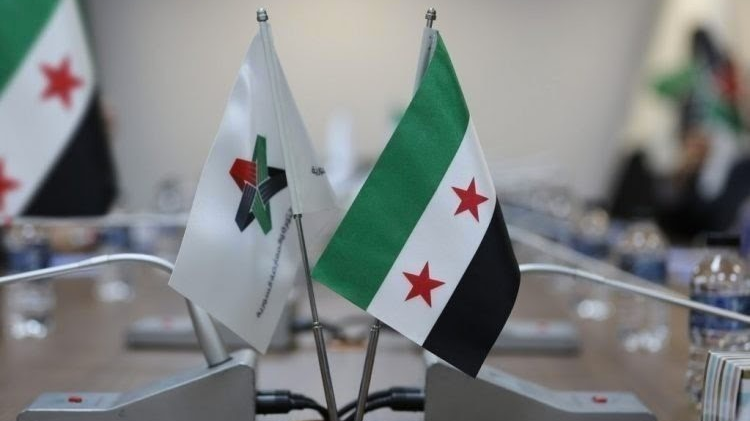Syrian politicians unraveled what happened behind the curtain regarding the new structure of the opposition Syrian National Coalition (SNC), stressing that it was a multi-purpose Turkish plan, most notably aimed at achieving managerial legitimacy in line with Turkey’s interests in the areas under its control in northern Syria.
The politicians’ comments came following some steps the SNC has taken for the past two weeks, in what they called the “reform” in its structure and components. These measures were met with doubt and rejection from those who got excluded from them.
The SNC’s latest modifications made a fuss in the opposition circles and were followed by the withdrawal of some figures and blocs.
Read Also: New Bylaws Change Shape of Coalition, Excludes Half its Components
The new components, in the so-called reform at the expense of those who were excluded, were the Syrian Kurds Independent Association and new members of Kurds and Turkmens after they maintained their number, in a phone call with North Press, the co-chair of the Syrian Democratic Council (SDC), Riyad Dirar, said.
The purpose of this act, according to Dirar, was to use them later by Turkey in northern Syria to draw a new demographic map in case it reached an agreement with Damascus.
Disputes and fate of excluded
“There are significant differences within the coalition’s body that have been evident between the president of the Syrian Turkmen Assembly, who is the most dominant in the coalition and is largely backed by Turkey, Abdurrahman Mustafa, and Secretary-General of the SNC, Naser al-Hariri, leading to a collision between the two, in addition to others such as Ahmed Ramadan, over contracts and agreements,” the co-chair of the SDC said.
There are many people in the SNC who can’t express their rejection because they are residing in Turkey and cannot speak freely, he noted.
Speaking of the fate of the excluded, Dirar thinks some of them would just stay where they are, and others may stay in SNC with the help of some mediators, stressing that it all depends on Turkey.
“No one can move without receiving the green light from Turkey,” he said.
In early April, the SNC took several decisions to reform and modify the internal system expelling 18 members and replacing four others with new ones.
The excluded are expected to remain silent because “their role is over, and they do not hold any sway,” according to Dirar.
“Those residing abroad will return home, and those who have a business will be busy doing their work. In the end, none of them care about their revolution (the Syrian opposition revolution against the regime),” he added.
However, “Joining new parties within the SNC framework” is also possible, to make people say that the SNC is expanding and embracing new parties.
Intra-Kurdish dialogue
As for the reflection of these changes on the intra-Kurdish dialogue, Dirar said that there would not be any progress unless there was American pressure on the parties involved, and, if this happens, it will likely be in favor of the ENKS backed by Turkey and Erbil.
“This is not a source of concern if ENKS sets before itself the goal of building common interests with the Autonomous Administration of North and East Syria (AANES) and takes part of the responsibility to work only as a Syrian council and in the service of the Syrian solution. This is the most important matter if this dialogue is to be completed,” according to Dirar.
“Turkey is gaining ground, as the possible Turkish-Gulf and perhaps the Egyptian convergence enables Turkey to exclude these countries’ SNC members, allowing it to shape the Syrian trajectory in line with its interests,” he added.
This article was edited by The Syrian Observer. The Syrian Observer has not verified the content of this story. Responsibility for the information and views set out in this article lies entirely with the author.


